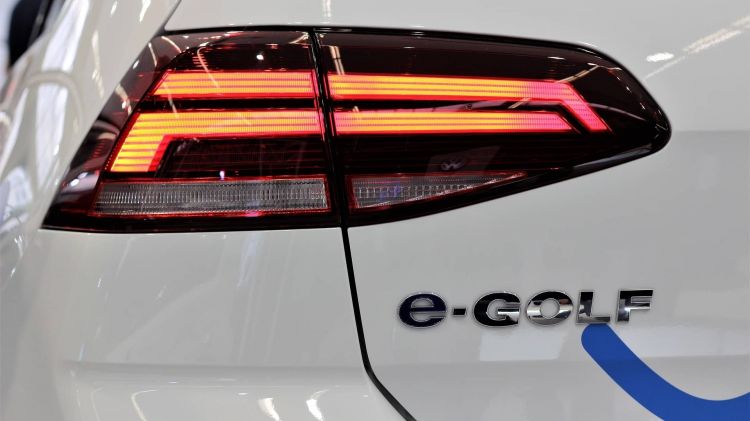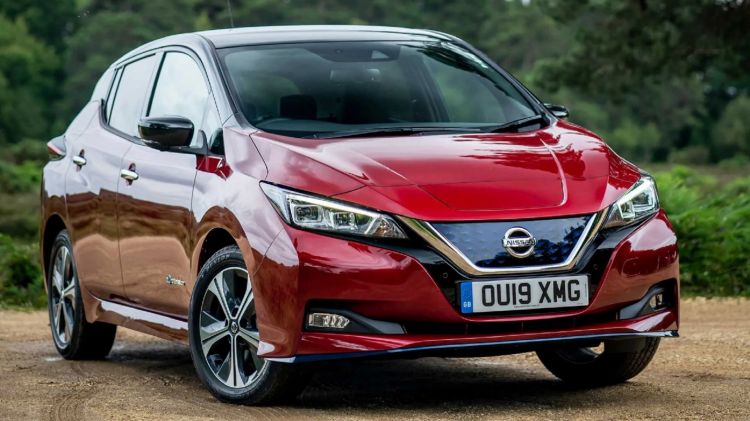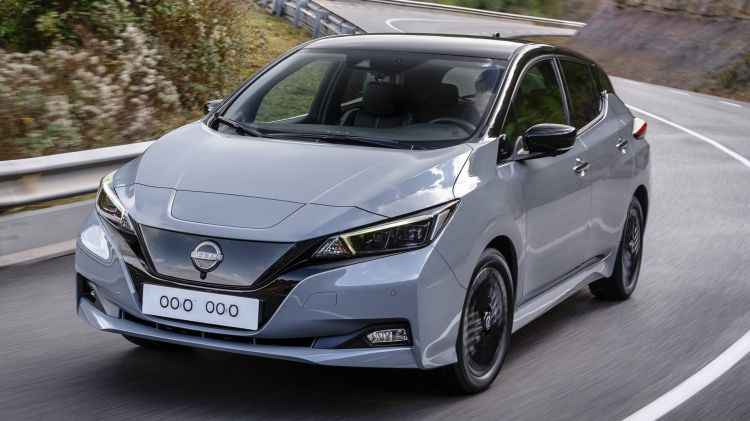In an era where EVs and PHEVs have been gaining popularity in much of the world, the concept of the zero emission car It is located on the table top. It is a term that has permeated the world, especially among environmentalists and climate scholars. They have made for a long time, a call to the world, about the consequences of climate change.
To meet air quality standards and greenhouse gas emission reduction goals, the cars we drive and the fuel we use must be transformed away from oil. here you will learn what is a zero emission car and all aspects related to this concept.
What is a zero emission car?
The zero emission car concept, also known as ZEV, is generally attributed to transportation options that do not generate harmful exhaust emissions while driving a car. They also do not emit any other type of pollutants from their power source. The Harmful emissions are those that are defined as having a negative impact on the environment or human health..
These emissions may contain carbon monoxide or dioxide, nitrogen oxides, sulfur, ozone, various volatile organic compounds, heavy metals in volatile forms, and other particulates, as well as hydrocarbons.
The world of zero emission cars is dominated by electric cars
If we talk about zero emission cars, we must fix our gaze on the battery-powered electric cars, BEVs, as well as hydrogen fuel cell-powered cars. If we go to the most basic we go to transport powered by humans / animals, such as bicycles, carriages, etc.
Battery technology for electric cars is based on repetitive charge/discharge cycles. This means that the battery is pre-charged by an electricity source and is discharged during the car’s operation. No internal combustion car falls into the zero emission car category.
Zero emission cars help reduce greenhouse gases
Transport in Europe, as anywhere in the world, is the largest source of greenhouse gas emissions and also a major contributor to other types of air pollution. In Spain, as in all of Europe, great efforts have been made to reduce the emissions that produce the greenhouse effect.
Expected increase the number of zero emission cars on the roads to reduce overall greenhouse gas emissions in the equivalent of 1 million metric tons of carbon dioxide per year.
Electric cars (EV) are advertised as a zero-emission solution and as an alternative to the mobility problems of people and goods in big cities.
Why are more and more people preferring electric cars?
There are many reasons, but we can indicate that the clearest are the following:
- Electric cars are more convenient: Can be recharged at home or in the office with multiple power sources.
- There are more people knowing the advantages of having an EV: The popularity of electric cars is growing in the world, and the possibility of having a car that is more friendly to the environment and saving, gains more supporters.
- Electric cars are more reliable: Electric cars are more reliable than cars that run on internal combustion engines, since they have fewer parts.
An internal combustion engine incorporates hundreds of moving parts that need maintenance and replacement, while electric cars rely on a battery, transmission, and motor.
Why you should switch to a zero emission car
According to the different Environmental Protection Agencies and Associations found in the world, the greenhouse gas emissions associated with a ZEV car over its lifetime are much lower than those of an internal combustion car, even when manufacturing and electrical load are taken into account.
With fewer greenhouse gas emissions and fewer exhaust gases, you get cleaner air and a fresher, friendlier planet.
Advantages of a zero emission car (ZEV)
Zero emission cars (ZEVs) run only on electricity. These are powered by one or more electric motors, which draw their power from rechargeable battery packs.
Electric cars offer several advantages over conventional cars:
- Greater energy efficiency: electric cars transform more than 78% of the grid’s electrical energy into displacement energy. Gasoline internal combustion cars only convert between 13% and 30% of stored energy into power for displacement.
- More respectful and friendly to the environment: electric cars do not emit pollutants from the exhaust pipe, although your power source may emit them. Electricity produced by nuclear, hydroelectric, solar or wind plants does not create air pollutants.
- Most Beneficial Yield: Electric motors run smoothly and quietly and offer stronger acceleration. They require less maintenance than internal combustion engines.
- Decreased energy dependence: Electricity as a source of energy is domestic.






